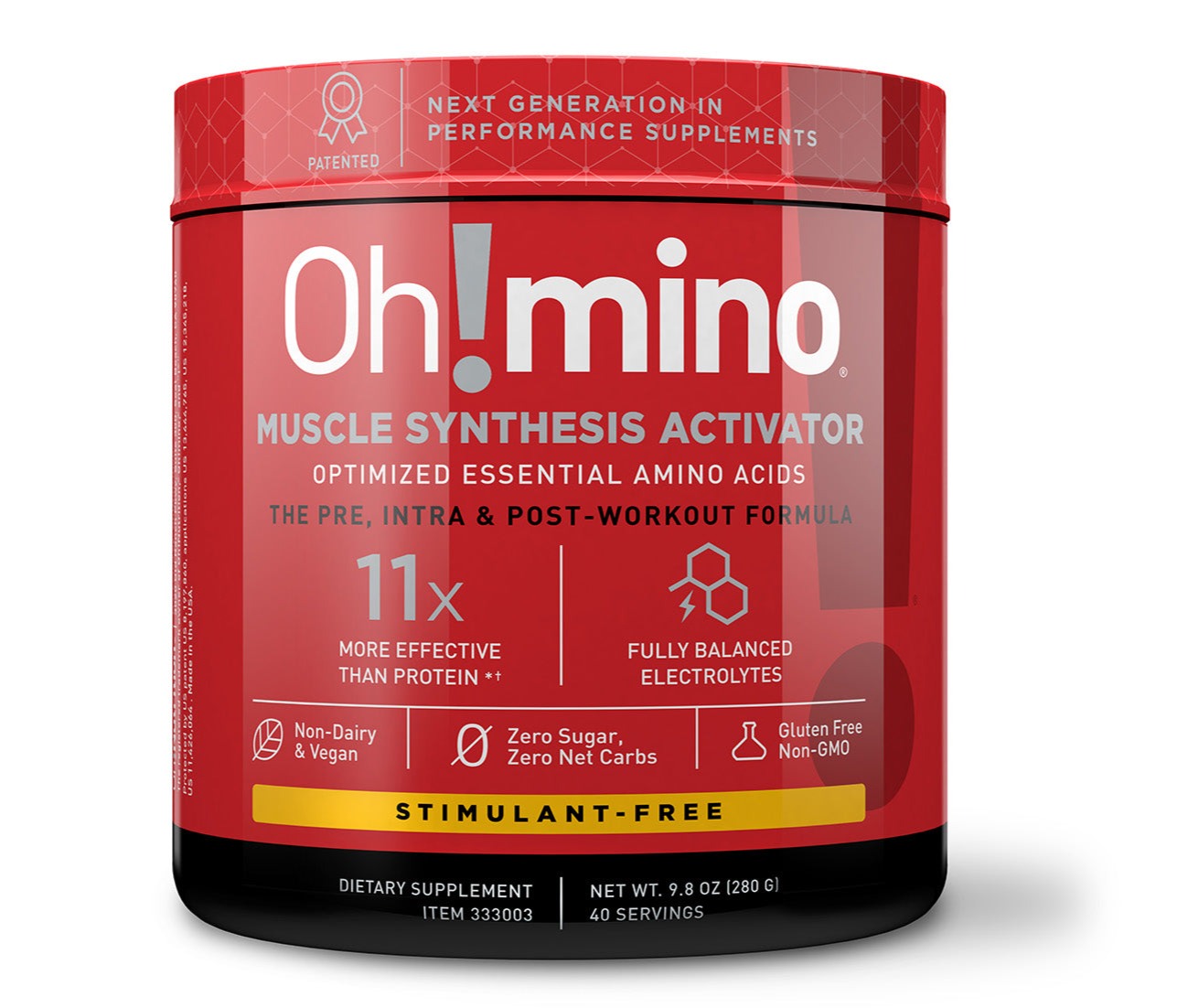When it comes to weight loss, cardiovascular activities such as running, cycling, or hitting the treadmill have long been viewed as the quintessential exercise regime.
This perception often stems from the tangible sense of exertion experienced during these activities; sweat beads trickling down the brow, the pounding heart rate, ample burning of calories.
However, misconceptions about fat loss and weight management prevail.
Undeniably, every weight loss journey starts with understanding the basic calorie equation: burn more calories than you consume to achieve weight loss.
While it may seem straightforward, the underpinning intricacies of the equation are essential to decipher.
The all-encompassing total daily energy expenditure (TDEE) - calories burnt through daily activities, exercise, and basic bodily functions - provides useful insights into the required caloric intake to meet weight loss goals.
While cardio aids in burning calories, it's not the only player in the game, and its dominance is often overstated.
Introducing strength training to the weight loss exercise routine can be a game-changer.
Frequently sidelined due to prevalent misconceptions, strength training bears notable benefits for calorie burning.
These extend beyond the workout session, thanks to the 'afterburn' effect-more technically known as excess post-exercise oxygen consumption (EPOC), which keeps the metabolic rate elevated for hours post-workout, facilitating continuous calorie burn.
Strength training brings another advantageous component to the table: muscle gain.
Muscles are metabolically active tissues, meaning they burn calories even when at rest.
Consequently, the more muscle mass you have, the more calories you can burn throughout the day, assisting in creating or maintaining a calorie deficit for weight loss.
Interestingly, research has indicated that strength training may be more effective than cardio in reducing certain types of fat, notably abdominal fat.
Incorporating strength training could hence reshape your weight loss trajectory.
However, exercise regimes would be futile without proper nutritional management.
You've probably heard the saying, "You can't outrun a bad diet," and it rings true.
Irrespective of the amount of exercise, poor dietary choices can greatly hamper weight loss progress.
Nutrition assumes an overarching role in weight management.
Consuming nutrient-dense, whole foods not only assists in controlling calorie intake but also keeps satiety levels high.
This approach fosters an enjoyable and sustainable path to weight loss rather than the dreaded sense of deprivation often associated with weight loss diets.
So, what's the final verdict?
Understandably, it's about finding a balance.
Neither casting cardio workouts aside nor painting strength training as the villain is conducive to weight loss.
Achieving weight loss should ideally encompass a balanced diet, strength training, and some form of cardio.
The effectiveness of this integrated approach lies in its flexibility to adapt to individual body types, personal preferences, and lifestyles.
Weight loss is undoubtedly a journey requiring patience, persistence, and consistency.
It extends far beyond a month-long pursuit and delves into what can be maintained in the long run for sustainable results.
Importantly, weight loss and fitness aren't synonymous.
Exercise, in any form, brings forth a cornucopia of health benefits - enhanced mood, improved sleep quality, boosted cognitive functions, and a lower risk of chronic diseases. And nothing supports healthy muscle better than Oh!mino!
It is essential to acknowledge that cardio exercises are an integral part of overall wellness, even if they may not be the sole key to effective weight loss.
The optimal pathway to weight loss isn't strictly linear but a well-rounded, science-backed, individually tailored approach designed for long-term success.
Stay fit my friend,
Michael
Founder & CEO

